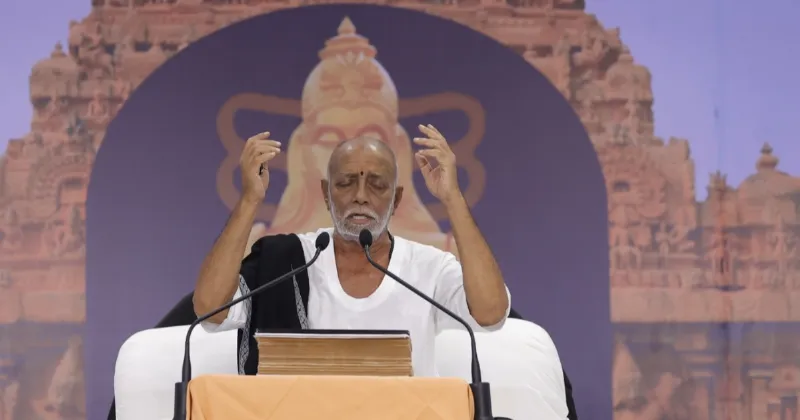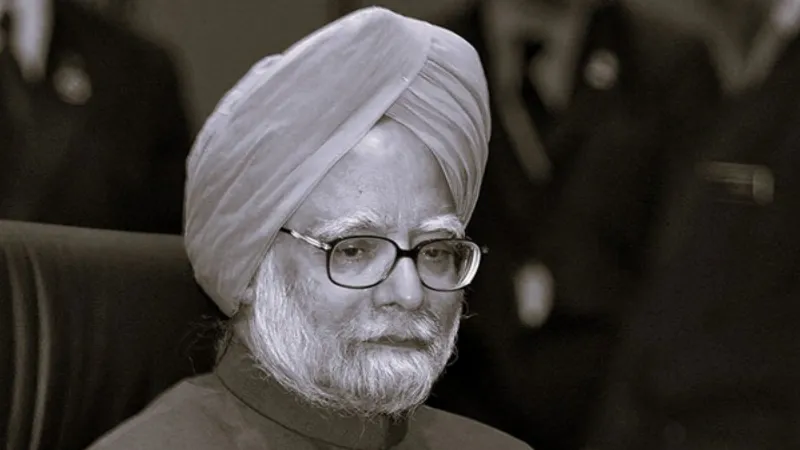Latest News
Advancing Financial Inclusion in India: A Strategic Vision for 2024
 (1).jpg)
New Delhi: In the wake of the challenges posed by the COVID-19 pandemic, last year's budget laid the groundwork for robust financial inclusion initiatives in India, with a distinct emphasis on leveraging digital means. While strides have been made, scaling financial inclusivity remains a formidable challenge. The upcoming budget holds the promise of continuing the momentum, with a specific focus on the under banked and unbanked sectors.
A fundamental goal for the fiscal year ahead should be the expansion of digital financial inclusion initiatives. This involves a multi-faceted approach, starting with the allocation of funds to fortify digital transactional platforms. Strengthening the security of these platforms is essential to build trust among users and encourage widespread adoption. There is an expectation of continuous government investment in artificial intelligence (AI) which would enable the sector to come up with innovative solutions and establish strong security measures. Given the increasingly sophisticated tactics used by fraudsters, it would be beneficial for the government to establish a cyber-fraud agency to safeguard customer interests and prevent losses from online scams.
Simultaneously, expanding the retail agent networks can act as a force multiplier, reaching remote areas where traditional banking infrastructure may be lacking. These agents play a crucial role in bridging the gap between financial institutions and individuals, making financial services more accessible to a broader population.
There is a need for the budget to increase credit penetration among unserved and underserved individuals in tier-2 and tier-3 markets and over 64 million MSMEs. Initiatives such as the 'One KYC' repository can significantly streamline processes, reducing redundancy and ensuring a more efficient onboarding of individuals into the financial ecosystem. Easier access to data for credit assessment is another key area that demands attention. By facilitating a smoother credit evaluation process, financial institutions can enhance their ability to extend loans, fostering economic growth and empowering individuals.
Sadly, only 27 percent of the country's citizens are financially educated, according to a recent SEBI survey. This disparity highlights the pressing need for financial education nationwide. There should be continuous focus on promoting financial literacy amongst the youth. One way could be to urge financial sector regulators and organisations to provide age-appropriate resources and reading materials that will foster this critical financial know-how and avoid scams.
Recognizing the need for targeted efforts, it is imperative to introduce programs and campaigns that specifically promote women's participation in digital financial services. Gender inclusivity is not only a matter of social equity but also a strategic imperative for economic development. By removing barriers and empowering women economically, India can unlock a vast reservoir of untapped potential.
The convergence of these initiatives aligns with the broader vision of creating a more inclusive and digitally empowered financial landscape in India. As the nation looks ahead, the upcoming budget has a unique opportunity to solidify these foundations and propel the country towards a more equitable and financially resilient future. By addressing the challenges head-on and investing strategically, India can emerge as a global leader in digital financial inclusion, setting a benchmark for other nations to follow suit.
https://www.linkedin.com/in/danishmohd1/






















